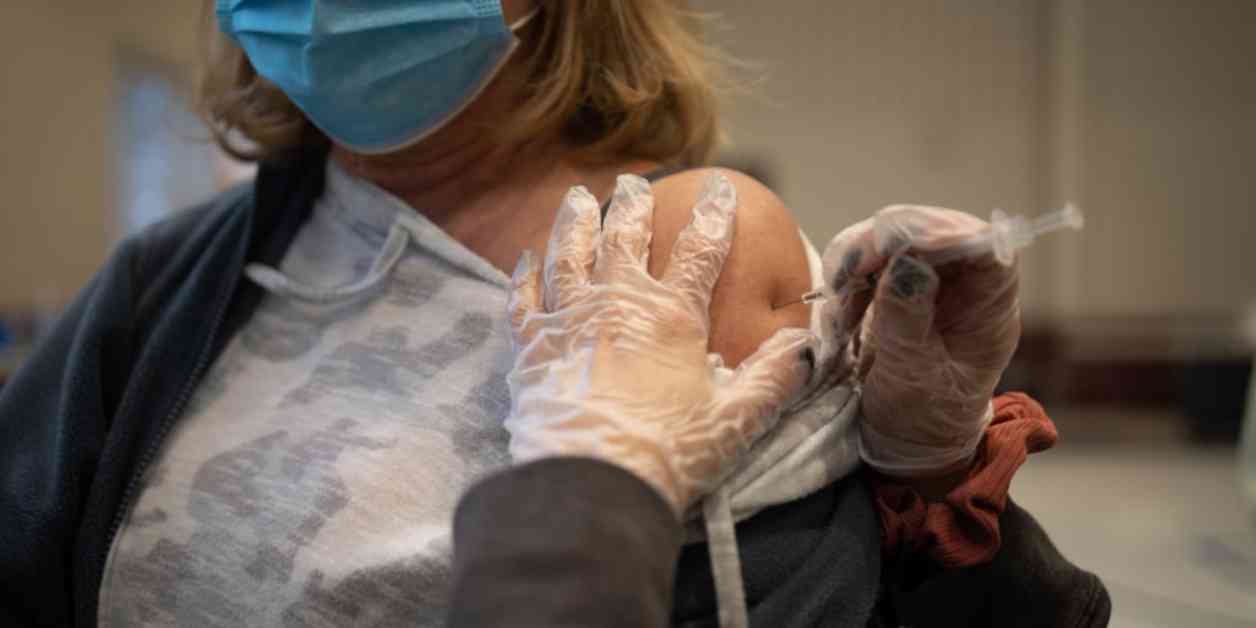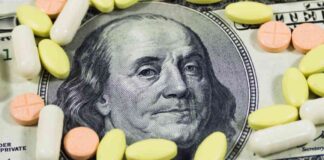The release of the new Covid vaccine is highly anticipated, with the Food and Drug Administration expected to approve it as early as Thursday. This will mark the third update to the vaccines to match circulating strains since the original series. The shots are expected to be available within days, providing a much-needed defense against the ongoing summer wave of Covid illness in the U.S.
### New Covid Vaccines: What’s Different?
The new shots from Pfizer and Moderna are specifically designed to target the KP.2 strain, a descendant of the highly contagious JN.1 variant that gained prevalence in the U.S. last winter. These updates were initiated after the FDA advised the drugmakers to refresh the formulas to align with the evolving virus strains in the country.
In addition to Pfizer and Moderna, a third vaccine from Novavax has also been updated to target the JN.1 strain. However, JN.1 and KP.2 have largely diminished in circulation, with sister strains like KP.3.1.1 and KP.3 accounting for a significant portion of new Covid cases.
While the effectiveness of the new vaccines against these newer strains is not completely known, experts anticipate that they will provide protection against severe illness. Pfizer has reported that its updated vaccine generates a substantially improved immune response against multiple currently circulating variants, including KP.3, compared to previous versions.
### Who Should Get the New Covid Vaccine?
As Covid is considered likely endemic in the U.S., with a relatively predictable pattern that may last for a long time, it is recommended that all Americans aged 6 months and older receive the new shots. While it may be challenging to make a one-size-fits-all recommendation, individuals at high risk of severe Covid infection, such as those over 65 or with weakened immune systems, should prioritize getting vaccinated.
Data from the CDC shows that only a small percentage of adults and children received last year’s updated Covid vaccine, highlighting the importance of widespread vaccination efforts. It is crucial that those most vulnerable to severe outcomes, such as hospitalization and death, receive the vaccine.
### When Should I Get the New Covid Vaccine?
With millions of Americans having contracted Covid in recent weeks and months, those who have recently recovered may have some level of immunity to fight off future infections. However, as the new vaccines will be available earlier this year than previously, the timing for optimal protection through the winter months is crucial.
According to CDC guidance, individuals who have recently had Covid may consider delaying their vaccine dose by 3 months to allow for natural immunity to develop. For those at high risk of severe illness, experts recommend getting vaccinated as soon as possible, as infection may not provide as much protection as vaccination.
While the timing of the vaccine depends on individual circumstances, experts suggest waiting at least two to three months after recovering from Covid before getting another shot. This allows for a boost in natural immunity from the infection before receiving the vaccine.
### Cost of the New Covid Vaccine
Pfizer, Moderna, and Novavax are charging up to $150 per dose for the Covid vaccine, though the majority of individuals with public and private health insurance should not have to pay out of pocket for the updated vaccines if they use an in-network provider. Medicare and Medicaid mandate that the vaccines be free for patients, while the Affordable Care Act requires private insurers to cover recommended vaccines.
However, individuals without insurance may face challenges in accessing free vaccines, especially as the CDC’s Bridge Access Program for uninsured adults is expected to shut down due to funding constraints. Uninsured individuals may still be able to access free Covid vaccines through community health centers and other safety net providers participating in the Section 317 vaccine program for adults.
In conclusion, the expected release of the new Covid vaccine brings hope for increased protection against evolving virus strains and severe illness. It is essential for individuals, especially those at high risk, to consider getting vaccinated to safeguard their health and the health of the community. As the rollout of the new vaccines progresses, accessibility and affordability remain crucial factors in ensuring widespread vaccination coverage.


















